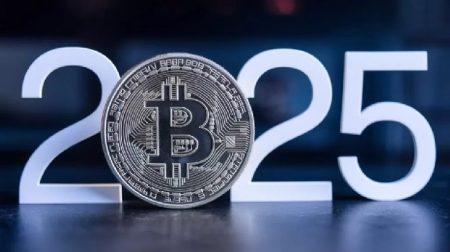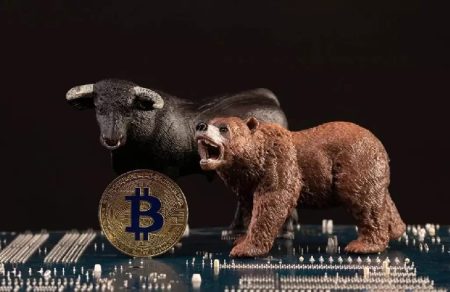The Darker Side of the Holly: How Gen X Redefined Animated Christmas Specials
The animated Christmas specials of the 1960s and 70s, featuring the likes of Rudolph and Frosty, became synonymous with childhood holiday cheer. These saccharine tales exuded a wholesome idealism that resonated deeply with the Baby Boomer generation. However, as Generation X came of age and began contributing to the cultural landscape, their inherent cynicism and distrust of institutions seeped into their creative endeavors. This shift in perspective led to a golden age of animated holiday entertainment in the late 1990s and 2000s, marked by a sharper wit and a willingness to subvert the traditional Christmas narrative. This new wave of specials traded sentimentality for satire, offering a darkly comedic counterpoint to the established holiday canon. What started as entertainment for niche audiences of savvy young adults, introverts, and pop culture aficionados has, over time, developed its own nostalgic appeal, offering comfort and familiarity to those who grew up with these alternative Christmas stories.
This era of animated holiday specials was spearheaded by shows like "The Simpsons," "South Park," and "Futurama," each pushing the boundaries of acceptable television content while simultaneously delivering genuinely hilarious and thought-provoking narratives. "Simpsons Roasting on an Open Fire," the inaugural episode of "The Simpsons," set the stage for the show’s enduring legacy. Airing in December 1989, it perfectly encapsulates the show’s core DNA: dysfunctional family dynamics, working-class struggles, and a satirical take on American culture. Homer’s desperate attempts to provide a memorable Christmas despite financial hardship resonated with viewers and instantly established the Simpsons as a cultural touchstone. "South Park" upped the ante with "Mr. Hankey, the Christmas Poo" in 1997, a shockingly funny and surprisingly catchy episode that solidified the show’s reputation for pushing the envelope. The episode’s unapologetic profanity and irreverent humor, encapsulated by musical numbers like “Kyle’s Mom’s a Bitch,” were a far cry from the traditional holiday fare, marking a significant departure from the wholesome Christmas specials of the past. "Futurama," Matt Groening’s futuristic follow-up to "The Simpsons," offered its own brand of dystopian holiday cheer with "Xmas Story" in 1999. The episode introduced the menacing Santa Bot, a robotic Santa Claus armed with a tommy gun, reflecting a darker, more cynical view of the holiday season.
Beyond the mainstream success of these flagship shows, other animated series on Adult Swim further contributed to the subversive holiday spirit. “A Very Venture Christmas” (2004), a special episode of "The Venture Bros.," took aim at the classic Hanna-Barbera cartoons of the past, blending nostalgic imagery with darkly comedic storylines. The episode’s satirical take on classic Christmas tropes, combined with the show’s unique brand of absurdist humor, appealed to a dedicated fanbase who appreciated its sharp wit and intricate storytelling. "The Boondocks," meanwhile, tackled issues of race and social injustice head-on with "A Huey Freeman Christmas" in 2005. Huey’s subversive Christmas play and Riley’s violent confrontation with Santa offered a biting commentary on the commercialization and hypocrisy often associated with the holiday season. This episode, while hilarious, also foreshadowed the creative tensions that would eventually lead to creator Aaron McGruder’s departure from the show.
These animated specials, often crafted by and for a generation disillusioned with traditional narratives, resonate precisely because they acknowledge the complexities and contradictions of the holiday season. They offer a cathartic release from the pressure to conform to idealized notions of Christmas cheer, allowing viewers to laugh at the absurdities and frustrations that often accompany the holidays. This darker, more cynical approach to Christmas storytelling marked a significant shift in the cultural landscape. It demonstrated that humor and social commentary could coexist within the framework of a holiday special, paving the way for a more nuanced and diverse representation of the holiday experience.
The enduring popularity of these specials speaks to their ability to capture the anxieties and contradictions of modern life, even within the context of a seemingly innocuous holiday celebration. These shows didn’t shy away from the darker aspects of human nature or the societal issues that often get brushed aside during the festive season. Instead, they confronted these realities head-on, using humor as a tool for social critique and catharsis. This willingness to challenge conventional narratives resonated with a generation seeking authentic and relatable portrayals of the human experience, even during the holidays.
It’s important to note that amidst this wave of cynical holiday programming, there were still glimpses of genuine warmth and heartfelt sentiment. "Comfort and Joy," a 2003 episode of "Justice League," stands as a testament to this. While not devoid of humor, the episode avoids cynicism, opting instead to explore the themes of connection, compassion, and the simple joys of the holiday season. The episode’s heartwarming vignettes featuring iconic DC characters like Green Lantern, Flash, and Martian Manhunter offer a welcome respite from the darker, more satirical tone of other animated specials of the era. This episode demonstrates that even within a landscape of subversive holiday humor, there was still room for stories that celebrated the true spirit of Christmas. It serves as a reminder that the holiday season, despite its commercialization and inherent pressures, can still be a time for genuine connection and shared joy.













